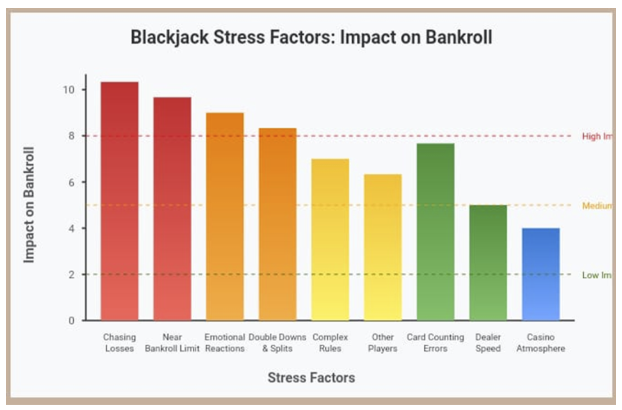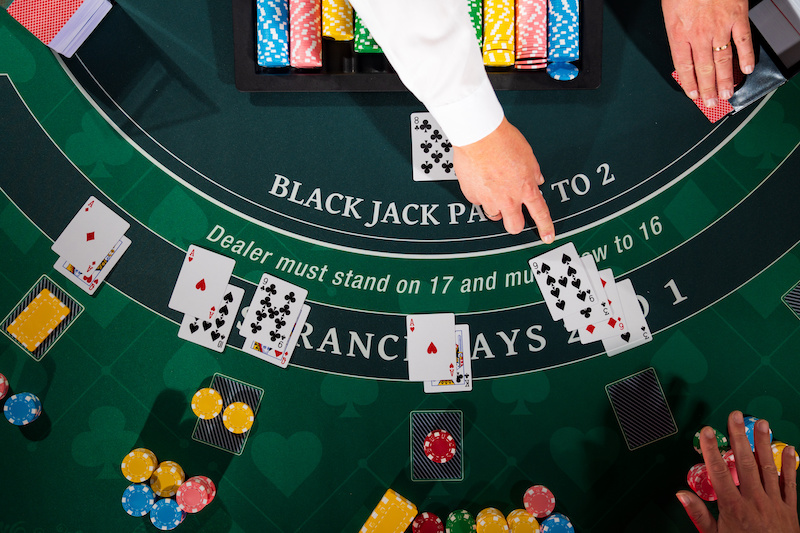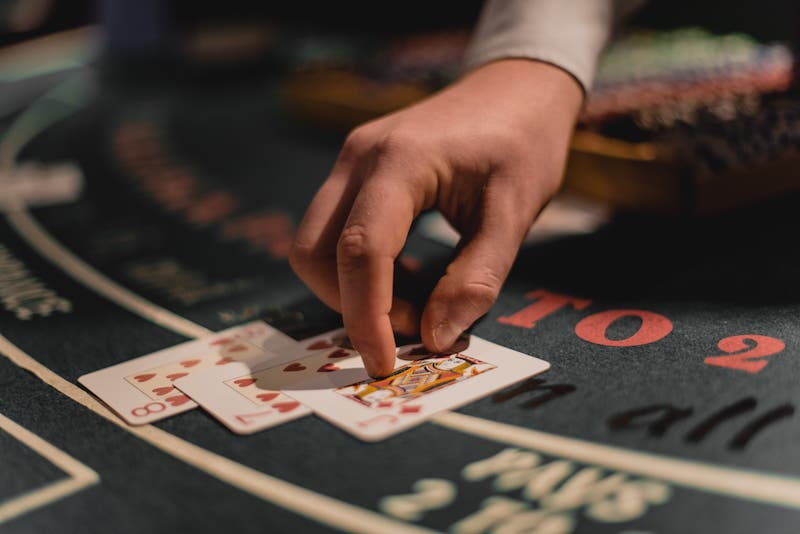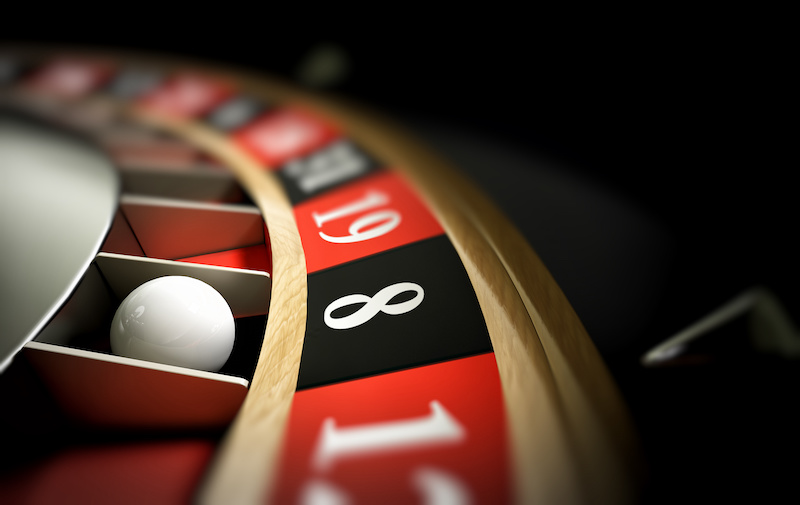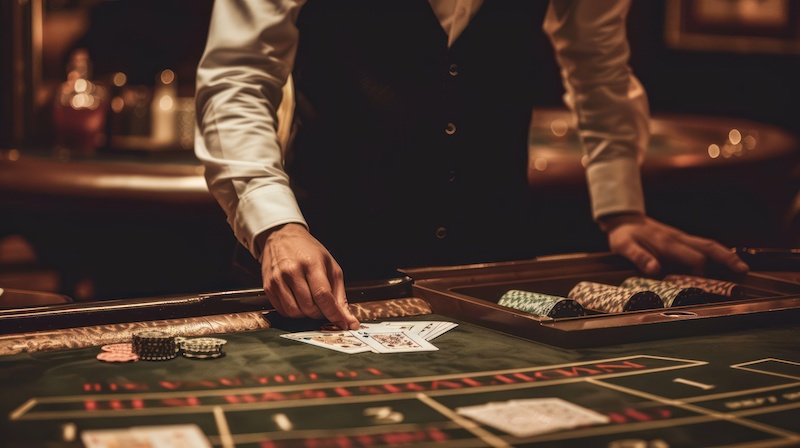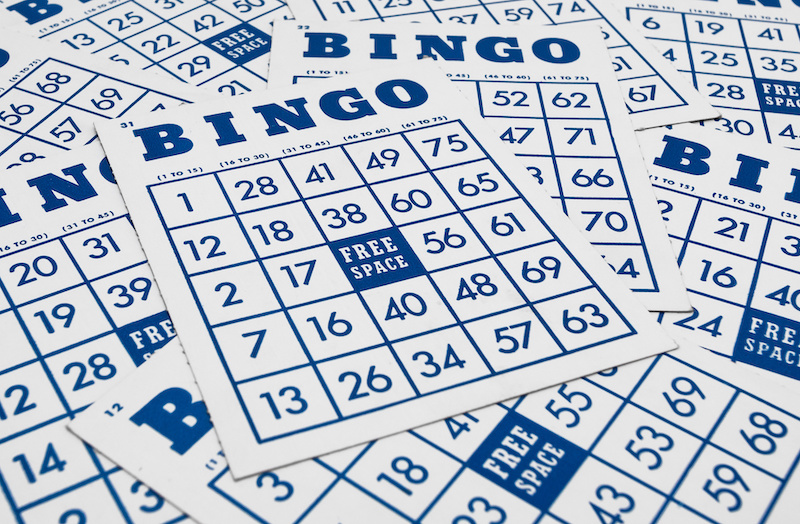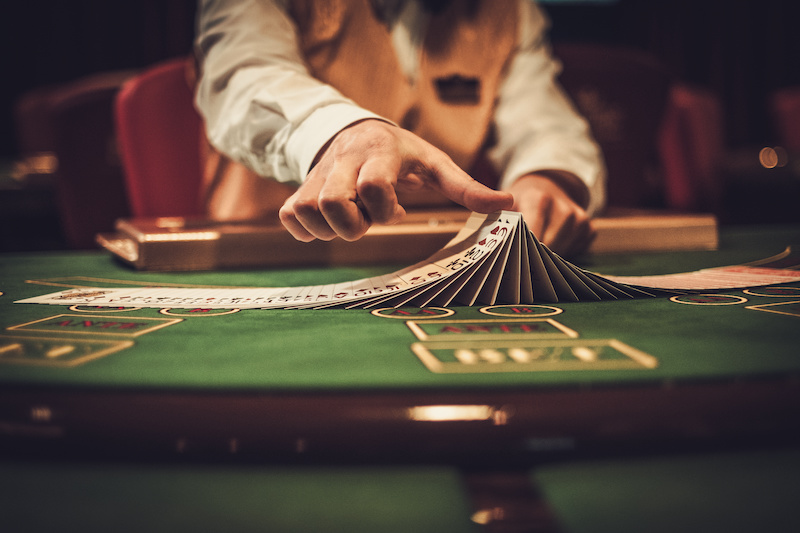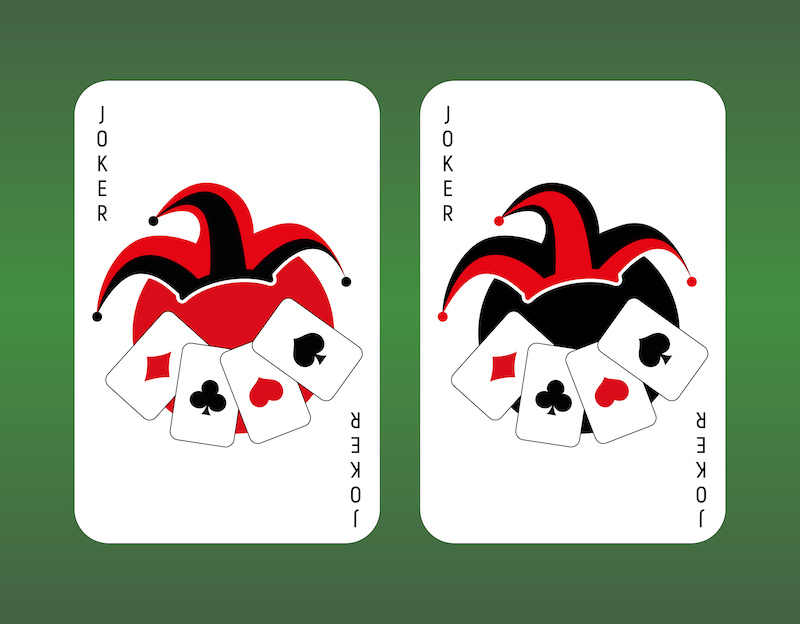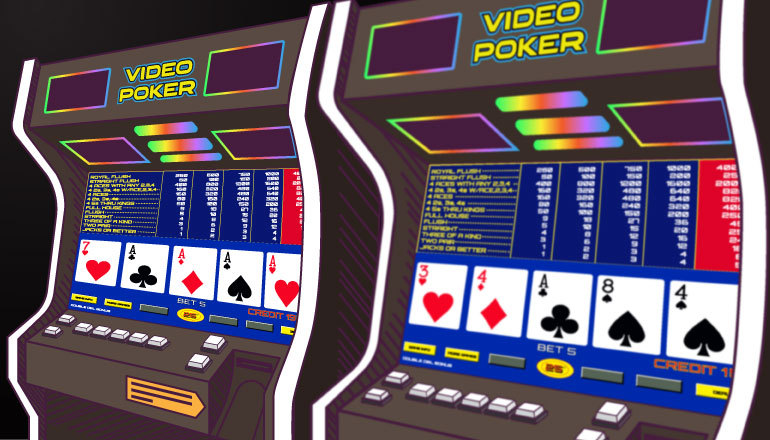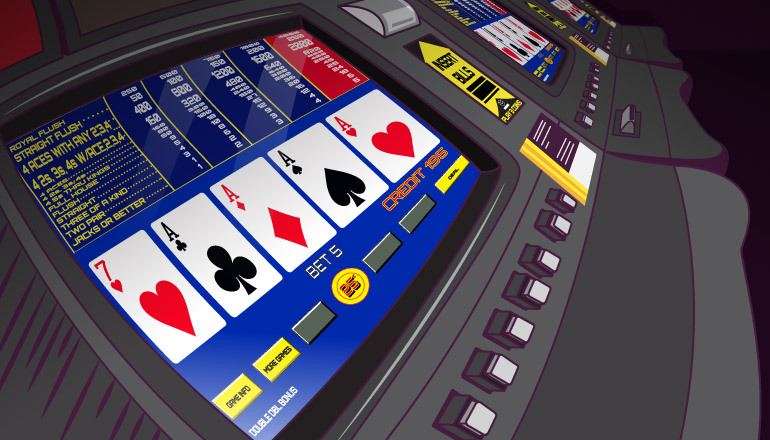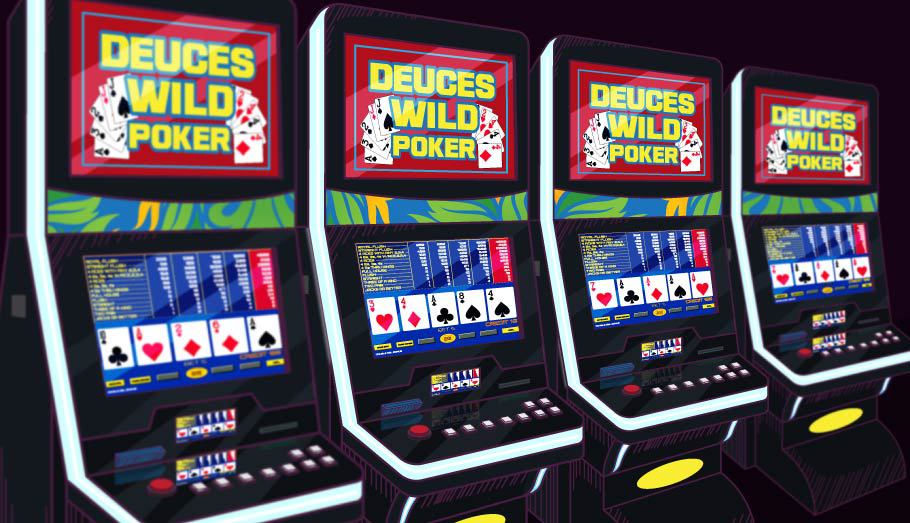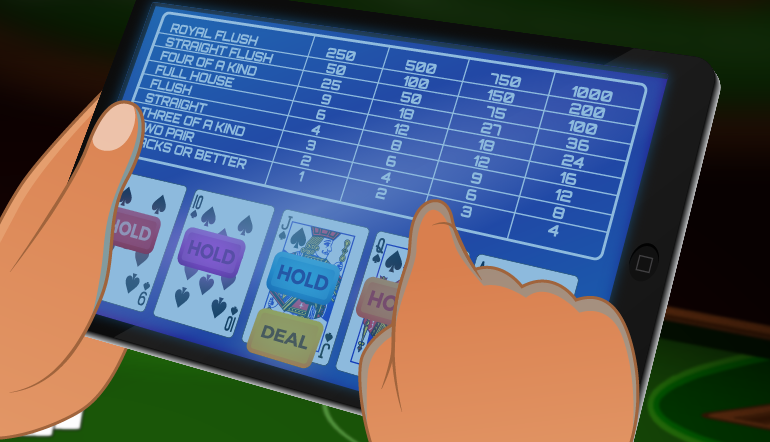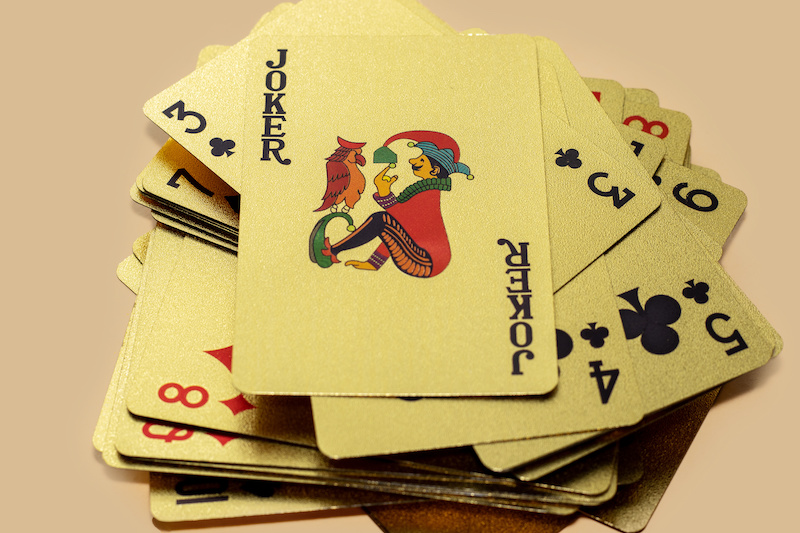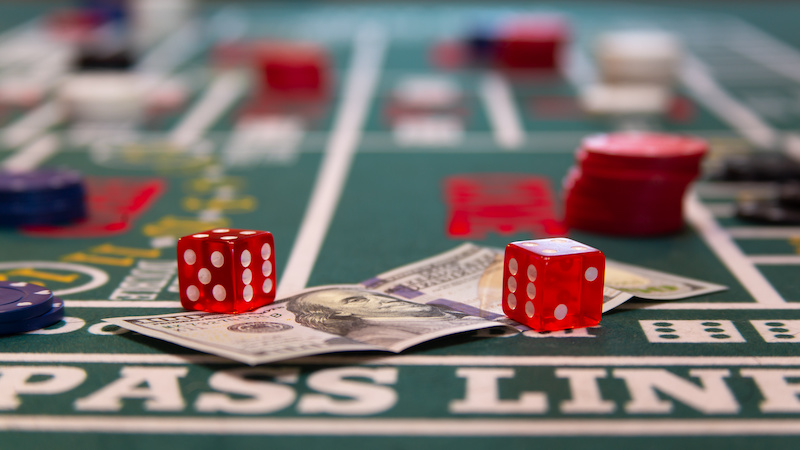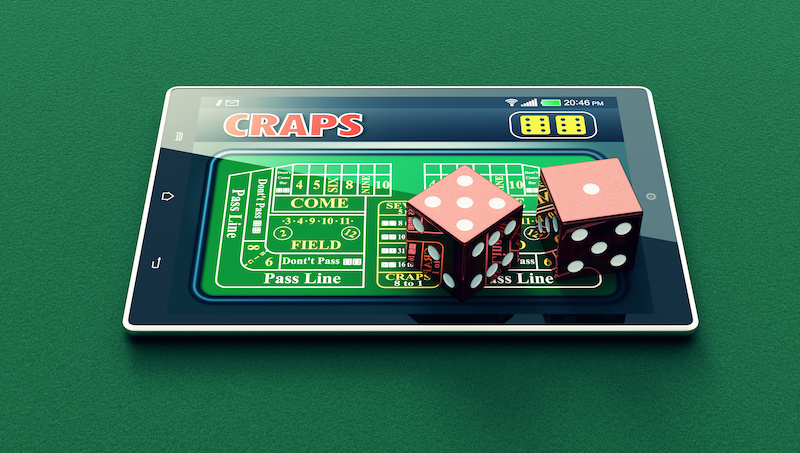Every video poker player dreams of finding a hot machine. Is it possible to know when video poker machines are hot – or when they are about to get hot?
This article explores the topic.
Contents
- The claims
- How video poker games work – the RNG
- What “random” means
- What “Hot” and “Due” mean
- The missing factor
- Summary
The claims
It is not just video poker players who yearn to find hot games. Indeed, every casino player is searching for the same thing.
Slot machine executives do whatever they can to sell the idea that the games at their casino are winners. Here is a brilliant way to accomplish that goal.
Put signs on certain machines, maybe 10 or 15 percent of the machines on the casino floor saying: “Hot machine!” if the machine has hit jackpots – or had several large payouts in the last several days to a week.
However, a machine that was cold the previous few days to a week, gets a sign that reads: “This machine is due!”
This strategy appeals to both types of gamblers – those who believe trends continue and those who believe trends flip-flop. The former type of gambler will play the “hot” machine believing he or she will cash in on the hot streak. The latter will play the “due” machine believing the streak is about to change.
How video poker games work – the RNG
Video poker games – along with virtually every machine-based casino game – is driven by a programmed routine called a random number generator or RNG. This routine rapidly generates a series of numbers which are then translated into the cards in the hand.
These numbers (and therefore cards that are dealt based on them) are not truly random since they are program generated. They are close enough, however, to pass gaming commission standards for randomness.
What “random” means
According to Wikipedia, “randomness is the apparent or actual lack of definite pattern or predictability in information.”
Random means there is no pattern. Random means no predictability.
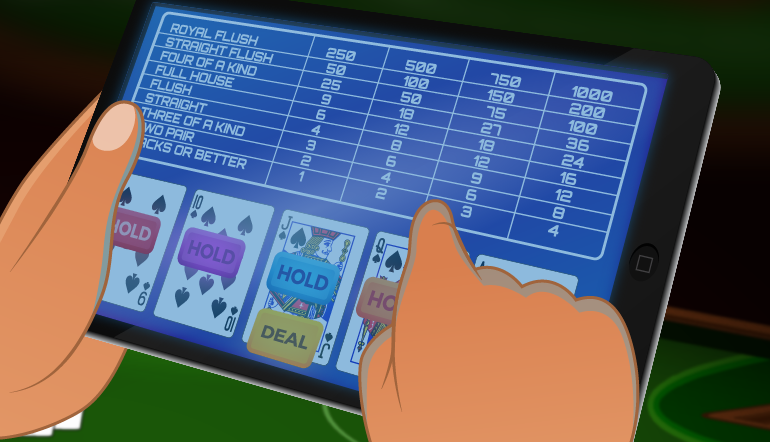
What “Hot” and “Due” mean
It is apparent that there are streaks in video poker. There are hot streaks and there are cold streaks. There are also what I call mixed streaks – those times when hands generally alternate between winners and losers. These streaks are all observable.
Yes, video poker – and gambling in general – has streaks. Hot streaks are when players are winning most of the hands they play.
After a player has a prolonged losing streak on a machine, they feel the machine is due since there has been a dearth of winners. They know that streaks are a fact. They also know that streaks tend to even each other out – to a certain degree.
*** If this article interests you, keep reading. Alternatively, explore other topics like how to win at slots, blackjack strategy, and roulette strategy. ***
The missing factor
Gamblers know when they are having a “hot” streak. They know when they are having cold streaks. They also know that at some point in time, a cold streak is “due” to change.
They know this both by experience and by the fact that things must balance out to the mathematical return of the game.
Eventually, a hot streak will end and a different streak – either cold or mixed – will start. Eventually a cold streak will end and a hot or mixed streak will start – therefore it is due.
The missing factor is knowing when this will happen.
I had a friend who claimed to have a sure-fire way to beat the craps tables. It was based on streaks. Many of you reading this have also known such people. You may have even been one such person. I was one when I first started playing in a casino.
My friend’s scheme was simple. Since streaks are a part of random games, use that knowledge to improve the odds. Rather than put a hop bet (a one roll bet) on the 12 (for example) every roll, wait until the 12 has not occurred for 36 rolls. The 12 appears once every 36 rolls, on average. The bet pays 30-to-1.
He reasoned that the 12 was due to appear after those 36 rolls. He would continue to place a hop bet, increasing it by one unit each roll until a 12 appeared. For a while the scheme worked. Then it did not in a spectacular fashion – he lost his entire buy-in.
The point he failed to consider is the frequency of appearance is an average over a very large number of rolls. At times the 12 would not appear for 75 or more rolls.
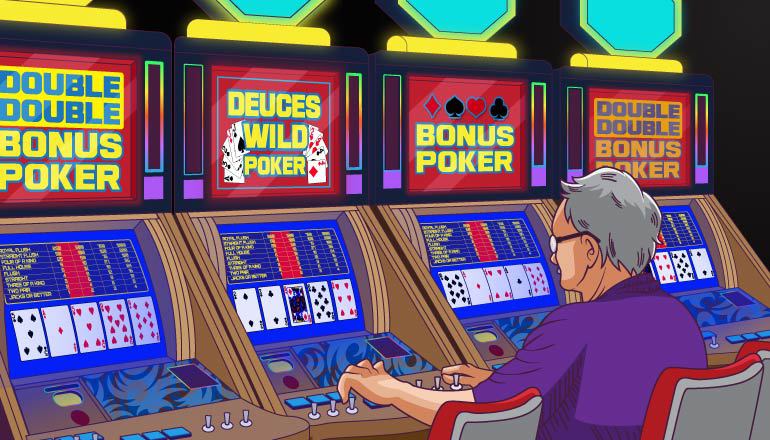
It is easy to see a hot game. It is easy to know when a game should be due. What is not known – and necessarily cannot be known – is when streaks end and begin and for how long they will last.
The very definition of randomness states that it is unpredictable. A cold streak that has lasted for 20 hands might change to a hot streak – or it might not. It might change after 50 hands, or 100 hands – or it might not.
The statement that a machine is hot is untrue – it was hot. It may or may not continue being hot.
The statement that a machine is due, and one could argue that point, does not mean much. The streak may continue for some time. Even when it does change, a mixed streak might follow.
Players never know. It is random. It is unpredictable.
Summary
Hot machines only exist in the past and present. There is no way to predict how long the streak will continue.
A due machine is and has been cold. There is no way to tell when it will switch (or even if it will switch) to a hot machine. It might just as easily alternate between losing and mixed streaks for a while.
While streaks do exist on random casino games, they can only be seen in the past. They cannot be predicted. Do not fall into the "hot/due trap."

